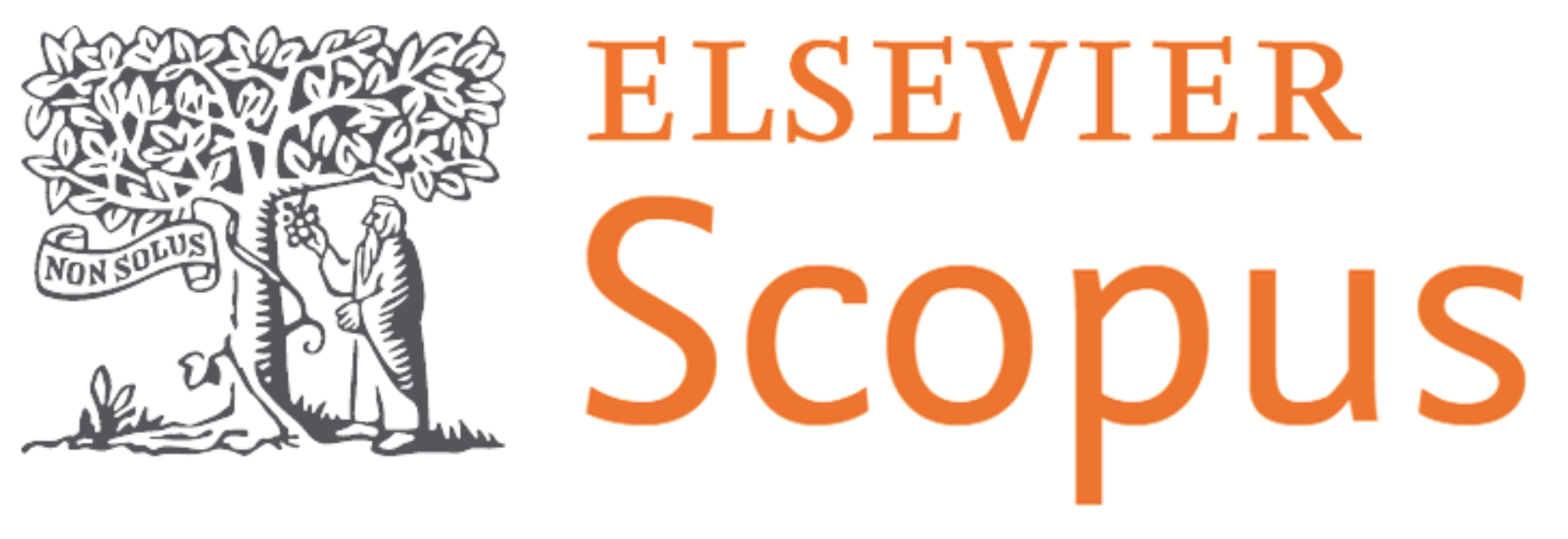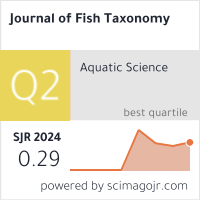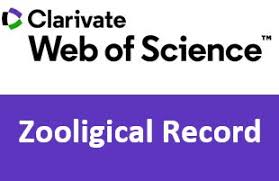EGGPLANT (Solanum melongena L.) PRODUCTION AS AFFECTED BY PHENOLOGICAL STAGES AND ORGANIC FERTILIZER TREATMENT
Keywords:
Eggplant, Phenological Stages, Vermicast, Vermitea, Organic Fertilizer, Yield Performance, ProfitabilityAbstract
A factorial experiment was conducted to examine the effects of phenological stages and organic fertilizer treatments (vermicast and vermitea) on the growth, yield, and profitability of eggplant (Solanum melongena L.). Growth and yield parameters, including plant height, branching, leaf production, flowering, fruit yield, and cost–return performance, were assessed. Phenological stages showed minimal influence on most traits, with only slight variations in leaf number, leaf area, and days to flowering. In contrast, organic fertilizer treatments significantly enhanced plant growth and reproductive performance. The highest input level (80g vermicast/plant + 1000 ml vermitea/16 lit water) produced the tallest plants, greatest branching, highest leaf area, and the largest number and weight of marketable fruits while lowering non-marketable yield. Interaction effects were mostly nonsignificant, although higher fertilizer rates applied during flowering and fruiting tended to improve yield traits. Cost and return analysis indicated that organic inputs ensured profitability, with the P1 vegetative stage achieving the highest return on investment (121.54%). Plants treated with F3 consistently outperformed F1 and F2, producing the highest number of flowers (24.99), marketable fruits (11.89 per plant), fruit weight (1091.27 g per plant), and yield (29.1 t/ha). Profitability analysis confirmed that F3 generated the highest return on investment (ROI) at 168.36%. The study demonstrates that vermicast and vermitea are effective organic amendments that enhance eggplant productivity and profitability, offering a sustainable alternative to chemical fertilizers.








